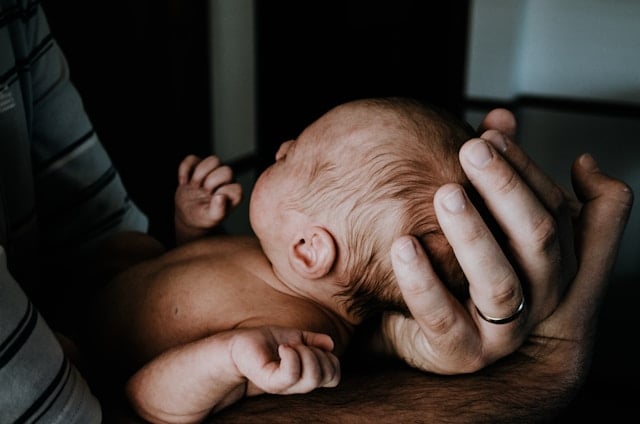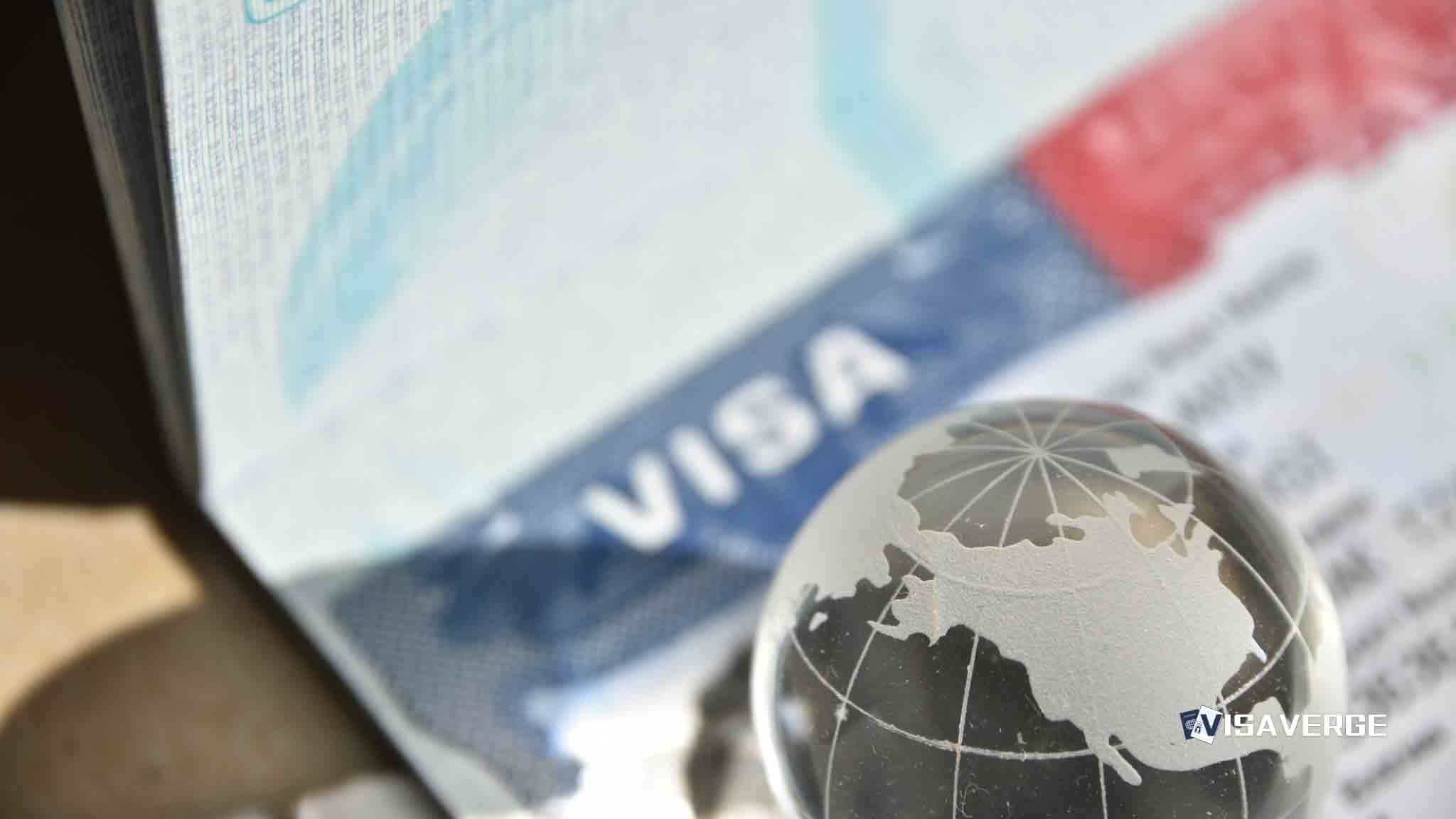Key Takeaways
• Supreme Court on June 27, 2025, upheld birthright citizenship under the Fourteenth Amendment.
• H.R.569 aims to restrict citizenship to children of citizens, green card holders, or legal military status.
• Birthright citizenship remains valid in Alaska and Hawaii; no special federal laws change this.
As of July 1, 2025, birthright citizenship remains a central issue in United States 🇺🇸 immigration law, especially in states like Alaska and Hawaii. Recent actions by the Supreme Court, ongoing debates in Congress, and statements from state officials have kept the topic in the national spotlight. This article explains the current status of Birthright citizenship in Alaska and Hawaii, recent legal and legislative developments, and what these changes could mean for families, immigrants, and policymakers.
Supreme Court Decision Leaves Birthright Citizenship Intact

On June 27, 2025, the Supreme Court issued a decision that many were watching closely. While the case involved birthright citizenship, the Court did not overturn the principle itself. Instead, the justices focused on how and when states can ask for nationwide court orders, known as injunctions, to stop federal actions they believe are unconstitutional.
Attorney General Anne Lopez of Hawaii responded quickly, making it clear that the Supreme Court’s decision did not change earlier rulings from three federal judges. Those judges had already found that any executive order trying to end birthright citizenship would be unconstitutional. The Supreme Court’s ruling means that states like Hawaii can still ask for broad court orders if the facts support it.
Key points from the Supreme Court’s action:
– Birthright citizenship remains protected under the Fourteenth Amendment.
– The Court’s decision was about legal procedures, not about changing who gets citizenship.
– States, including Hawaii, can still challenge federal actions in court.
What Is Birthright Citizenship?
Birthright citizenship means that any child born on U.S. soil automatically becomes a U.S. citizen, no matter the parents’ immigration status. This rule comes from the Fourteenth Amendment to the U.S. Constitution, which was added in 1868. The amendment says:
“All persons born or naturalized in the United States, and subject to the jurisdiction thereof, are citizens of the United States and of the State wherein they reside.”
Why does this matter for Alaska and Hawaii?
Both states are fully part of the United States 🇺🇸. The Supreme Court has said many times that the Fourteenth Amendment covers everyone born in any U.S. state, including Alaska and Hawaii. There are no special or hidden federal laws that change this rule for these two states.
Recent Legislative Efforts: H.R.569 and Its Impact
In January 2025, a new bill called the Birthright Citizenship Act of 2025 (H.R.569) was introduced in the U.S. House of Representatives. The bill’s main goal is to limit birthright citizenship by changing who is considered “subject to the jurisdiction” of the United States.
What would H.R.569 do if it became law?
– Only children born to U.S. citizens, lawful permanent residents (green card holders), or non-citizens with legal status serving in the Armed Forces would get citizenship at birth.
– Children born to undocumented parents after the law takes effect would not get automatic citizenship.
– Anyone born before the law is passed would keep their citizenship.
Current status:
As of July 1, 2025, H.R.569 is still in the House Committee on the Judiciary. It has not become law. This means the rules for birthright citizenship have not changed.
Why is this bill controversial?
– Supporters say the current rule is too broad and encourages people to come to the United States 🇺🇸 just to have children who become citizens.
– Critics argue that the bill would create a two-tiered system, where some children are treated differently based on their parents’ status. They say this goes against the idea of equal protection under the law.
How Birthright Citizenship Works in Alaska and Hawaii
Eligibility:
Any child born in Alaska or Hawaii is a U.S. citizen at birth, just like children born in any other state.
Documentation:
– Parents receive a U.S. birth certificate for their child, which proves citizenship.
– If a U.S. citizen has a child abroad, they can apply for a Consular Report of Birth Abroad. You can find more about this process on the U.S. Department of State’s official page.
No special rules for Alaska or Hawaii:
There are no unique federal laws or extra steps for birthright citizenship in these states. The same rules apply everywhere in the United States 🇺🇸.
What Could Change If H.R.569 Passes?
If Congress passes H.R.569, the rules for birthright citizenship would change for future births. Here’s what that would mean:
- New eligibility: Only children born to U.S. citizens, green card holders, or non-citizens with legal status in the military would get citizenship at birth.
- No retroactive effect: Children born before the law takes effect would keep their citizenship.
- Administrative changes: State and federal agencies would need to update how they issue birth certificates and other documents.
Possible problems:
– Families could face confusion or delays in getting documents for their children.
– Legal challenges are almost certain, as many experts believe the bill would violate the Fourteenth Amendment.
Federal and State Officials Defend Birthright Citizenship
Legal experts and state officials have spoken out in support of birthright citizenship. They say the Fourteenth Amendment’s language is clear and that the Supreme Court has always supported this right.
Attorney General Anne Lopez of Hawaii has been especially vocal. She says birthright citizenship is important for fairness and the rule of law. Governor Josh Green of Hawaii has also supported this view.
Why do they care?
– Birthright citizenship helps ensure that all children born in the United States 🇺🇸 have the same rights.
– It prevents the creation of a group of people who live in the country but have no citizenship or legal status.
Critics and Calls for Reform
Some lawmakers and advocacy groups want to change the current system. They argue that:
– The Fourteenth Amendment should not cover children of undocumented immigrants.
– Changing the rule would help control illegal immigration.
However, many immigration advocates and legal scholars warn that:
– Changing birthright citizenship would create confusion and unfairness.
– It could lead to children growing up in the United States 🇺🇸 without any citizenship, making them “stateless.”
– The change would likely be challenged in court and could be found unconstitutional.
How the Courts Have Ruled
Federal judges have repeatedly said that executive orders or laws trying to end birthright citizenship are unconstitutional. The Supreme Court’s recent decision did not change this. Instead, it focused on how states can ask for court orders to stop federal actions.
What does this mean for families?
– As of now, birthright citizenship is still protected.
– Any new law or executive order trying to change this would face strong legal challenges.
Step-by-Step: How Birthright Citizenship Is Determined (2025)
- A child is born in the United States 🇺🇸 (including Alaska or Hawaii).
- The child is automatically a U.S. citizen at birth.
- Parents get a U.S. birth certificate for the child.
- No extra steps or special applications are needed.
Comparing Current Law and Proposed Changes
| Criteria | Current Law (2025) | Proposed (H.R.569) |
|---|---|---|
| Eligibility | All born in U.S., any parent | Only if parent is citizen, green card holder, or legal military status |
| Retroactive Effect | N/A | No effect on those born before enactment |
| Status in Alaska/Hawaii | Same as continental U.S. | Same as continental U.S. |
| Legal Challenges | None currently | Likely if enacted |
Why This Matters for Alaska and Hawaii
Alaska and Hawaii are sometimes the focus of questions about birthright citizenship because of their unique histories and locations. However, the law is clear:
– Children born in Alaska or Hawaii are U.S. citizens at birth.
– There are no special or hidden laws that change this rule.
– Recent court decisions and official statements confirm this right.
What Should Families and Immigrants Do?
If you are expecting a child in Alaska, Hawaii, or anywhere else in the United States 🇺🇸:
– You do not need to take extra steps to secure your child’s citizenship if they are born in the U.S.
– Keep your child’s birth certificate in a safe place, as it is the main proof of citizenship.
– If you have questions about your child’s status, contact your state’s Department of Health or the U.S. Citizenship and Immigration Services (USCIS) for guidance.
Looking Ahead: What’s Next for Birthright Citizenship?
H.R.569 is still in committee and has not become law. Even if it passes the House, it would need to pass the Senate and be signed by the President. Legal experts expect that any attempt to limit birthright citizenship would be challenged in court.
Possible future scenarios:
– No change: Birthright citizenship remains as it is, protected by the Constitution and Supreme Court precedent.
– New law passes: If H.R.569 or a similar bill becomes law, it would likely be blocked by the courts or require a constitutional amendment.
– Supreme Court review: The Supreme Court could be asked to decide if Congress can change birthright citizenship without amending the Constitution.
Multiple Perspectives: What Do Stakeholders Say?
Supporters of birthright citizenship (including most legal experts, state officials, and immigration advocates) argue that:
– The Fourteenth Amendment’s language is clear.
– Birthright citizenship is a basic right that supports equality and fairness.
– Changing the rule would hurt children and families.
Critics and reform advocates (including some lawmakers and policy groups) argue that:
– The current rule is too broad and may encourage illegal immigration.
– Congress should have the power to set limits on who gets citizenship at birth.
Official Resources for More Information
- U.S. Congress – H.R.569: For the latest on the Birthright Citizenship Act of 2025, visit the official Congress website.
- Hawaii Department of the Attorney General: For official statements and updates, see ag.hawaii.gov.
- U.S. Citizenship and Immigration Services (USCIS): For information on citizenship and immigration forms, visit uscis.gov.
Key Takeaways
- Birthright citizenship is still the law in Alaska and Hawaii as of July 1, 2025.
- No special or obscure federal laws change this right for these states.
- Recent legislative efforts to limit birthright citizenship have not become law and face strong legal and political challenges.
- Federal and state officials, along with most legal experts, continue to support the constitutional guarantee of birthright citizenship for all persons born in the United States 🇺🇸.
- Any major change would likely require a constitutional amendment or a Supreme Court decision overturning long-standing precedent.
As reported by VisaVerge.com, the ongoing debate over birthright citizenship shows how deeply this issue affects families, communities, and the nation as a whole. For now, the rules remain clear: children born in Alaska, Hawaii, or any other U.S. state are citizens at birth, and their rights are protected by the Constitution.
If you have questions about your family’s status or need help with citizenship documents, reach out to your local health department or visit the USCIS website for official guidance. Stay informed, as immigration laws and policies can change, but always rely on trusted, official sources for the latest updates.
Learn Today
Birthright Citizenship → Automatic U.S. citizenship granted to anyone born on U.S. soil, regardless of parents’ status.
Fourteenth Amendment → A U.S. Constitutional amendment granting citizenship to all born or naturalized in the country.
H.R.569 → Proposed 2025 bill aiming to limit automatic citizenship to certain children born in the U.S.
Injunction → A court order preventing a party from performing a specific act, used to challenge federal actions.
Consular Report of Birth Abroad → Official document proving U.S. citizenship for children born outside the United States.
This Article in a Nutshell
Birthright citizenship in Alaska and Hawaii remains protected despite legal challenges, Supreme Court rulings, and pending legislation like H.R.569 aimed at restricting automatic citizenship for some children born in the U.S.
— By VisaVerge.com








